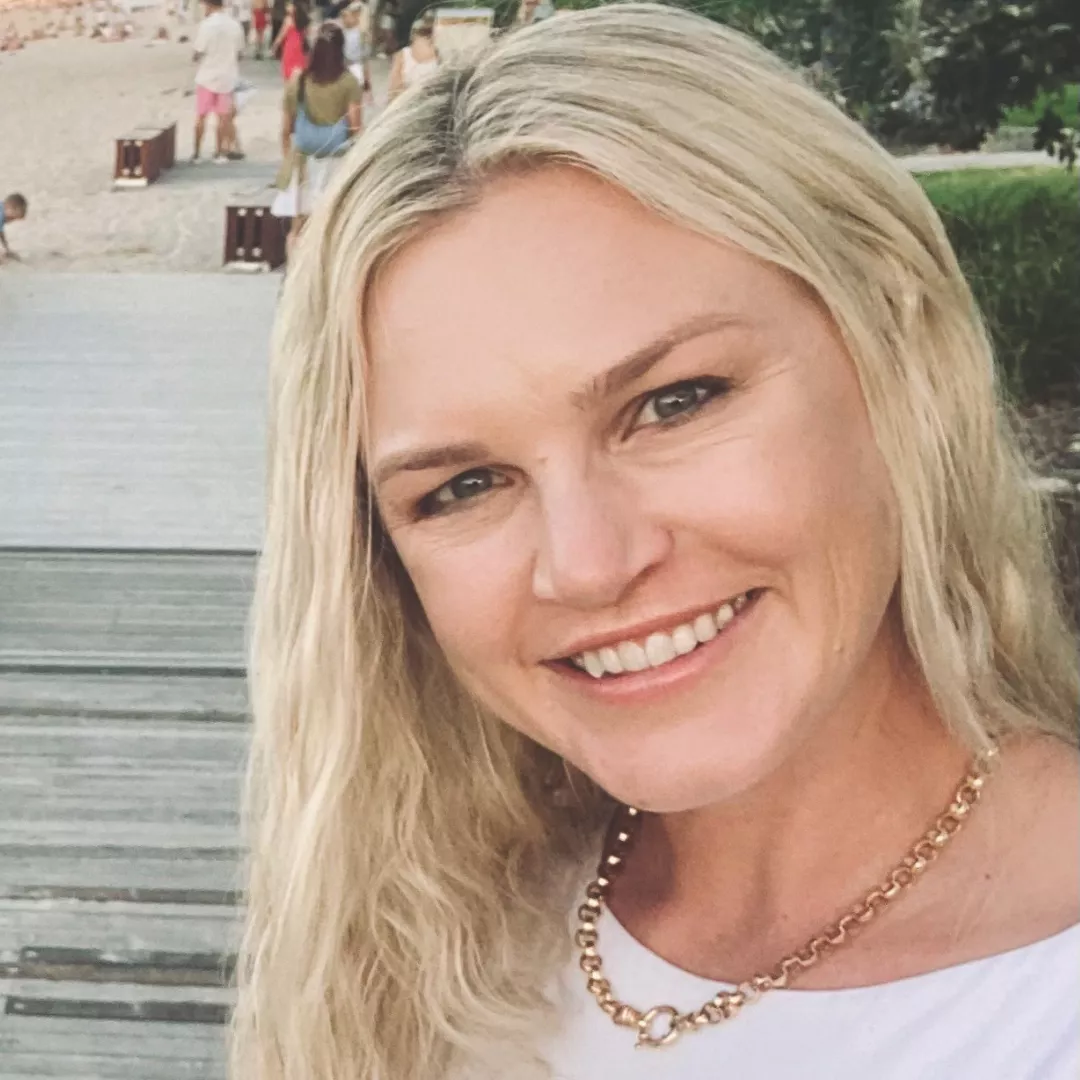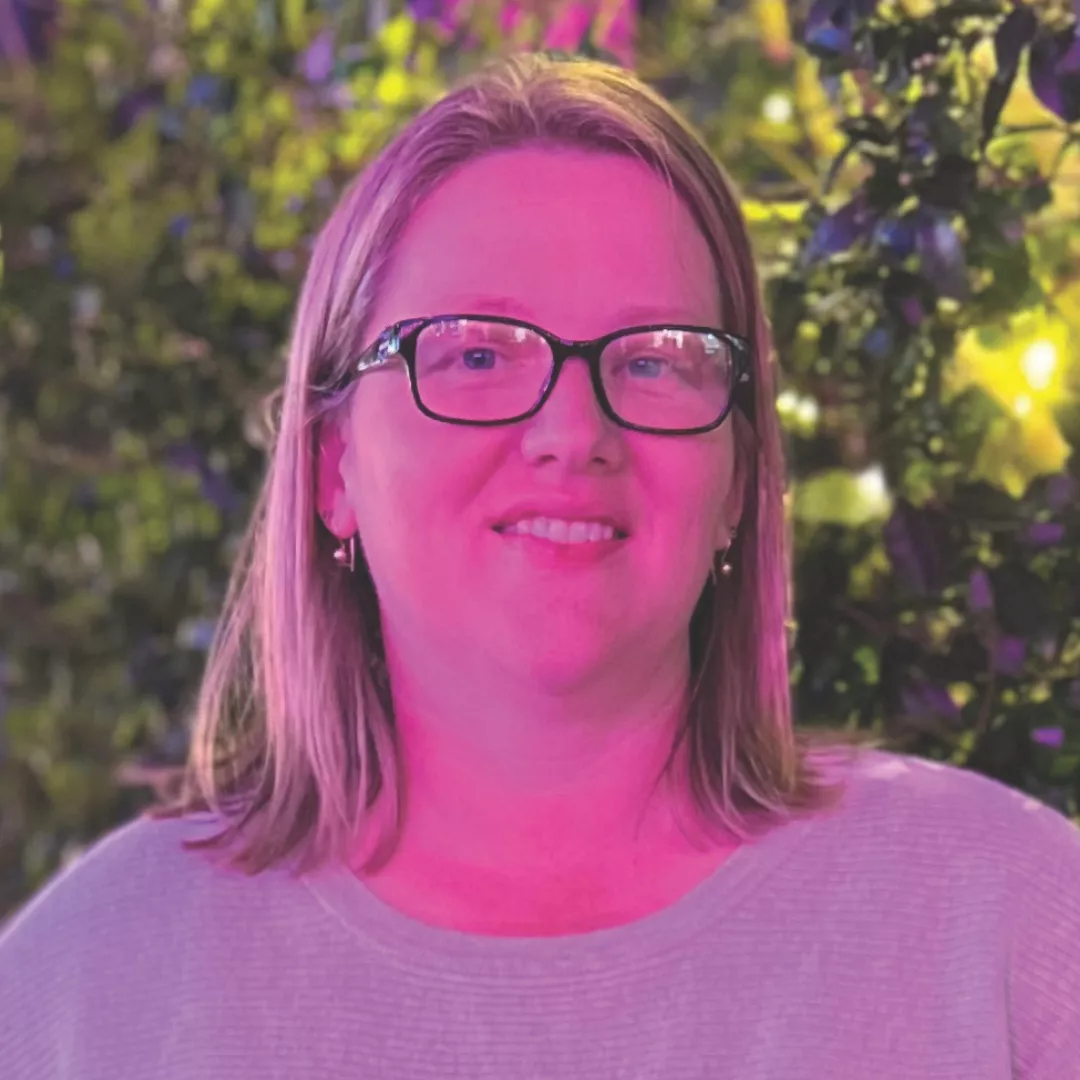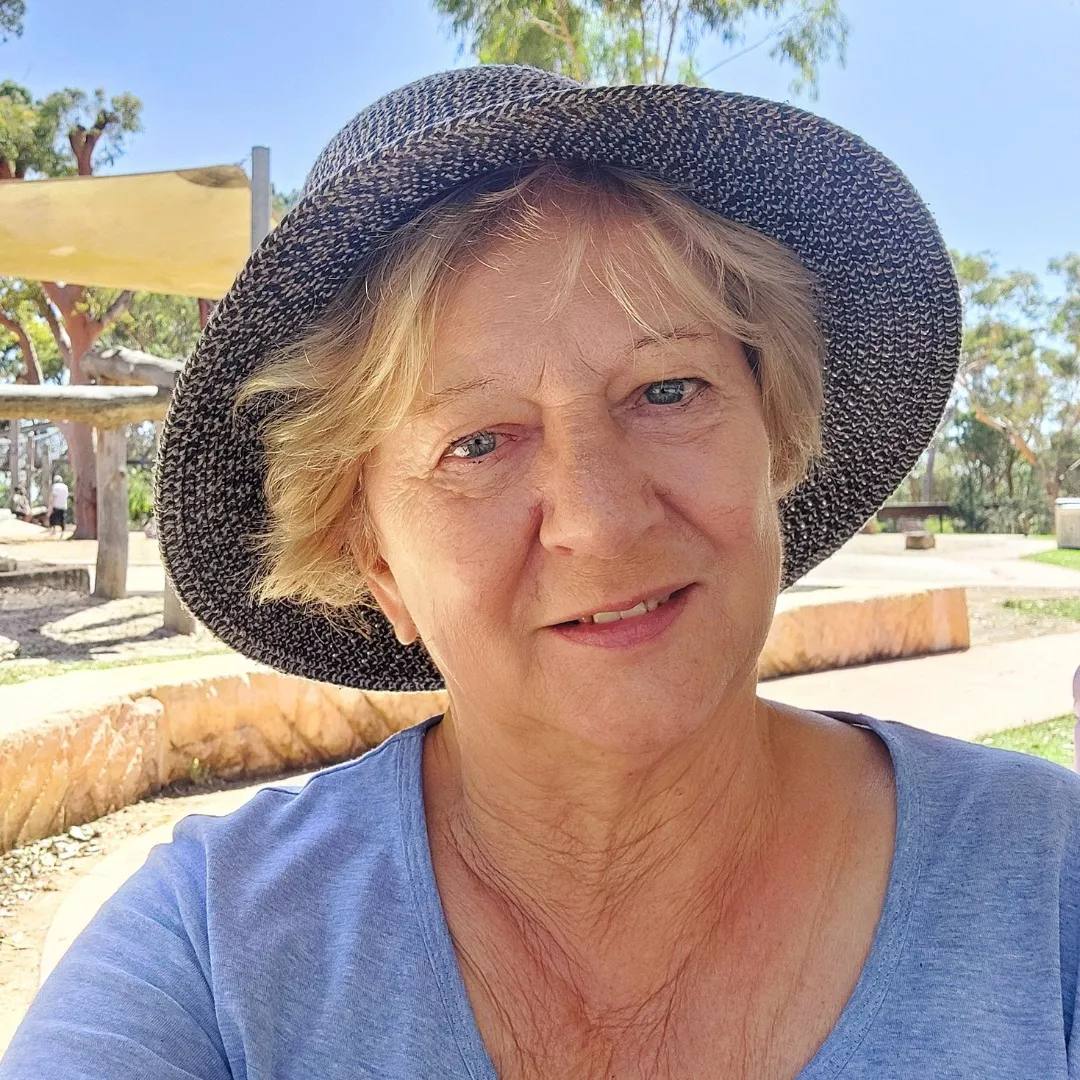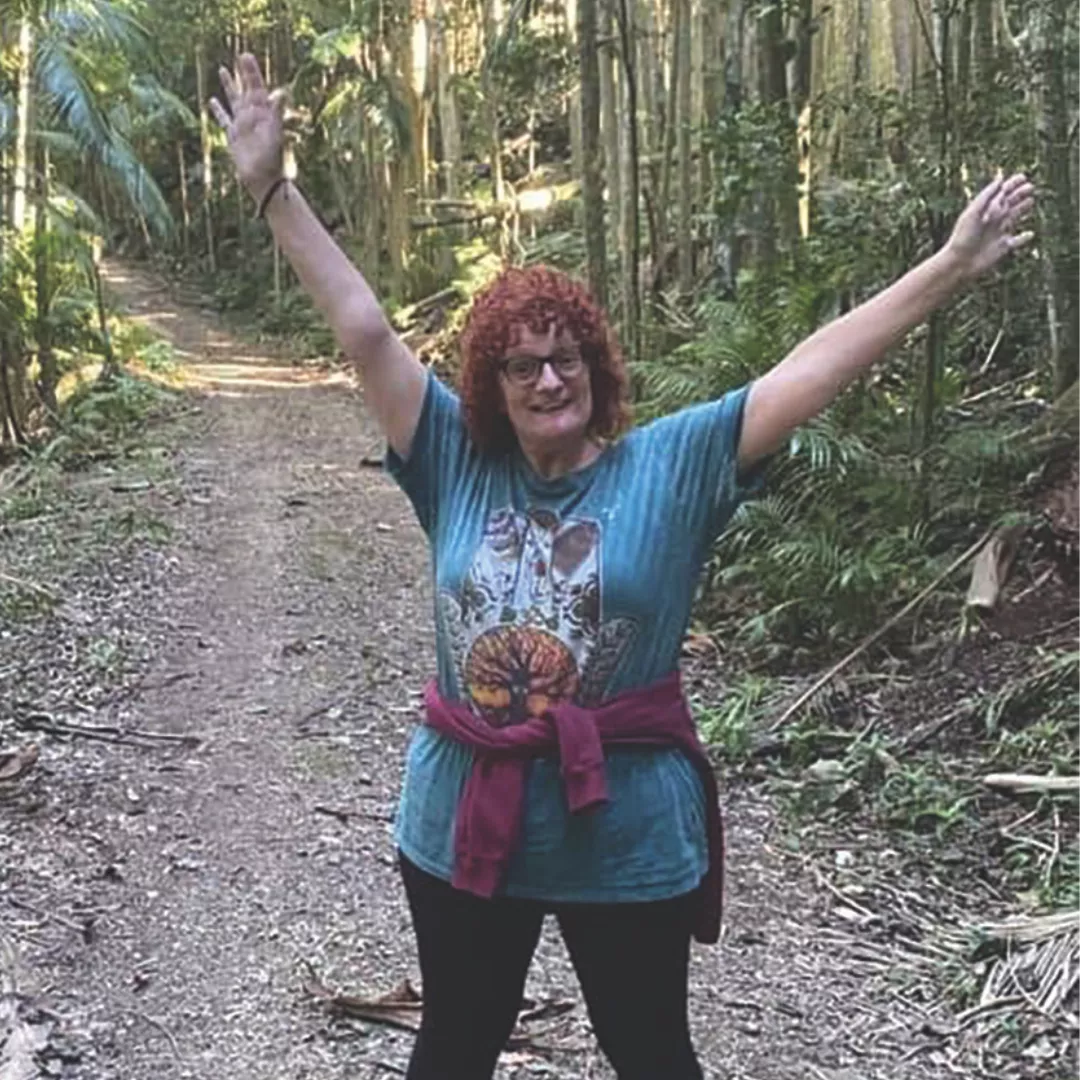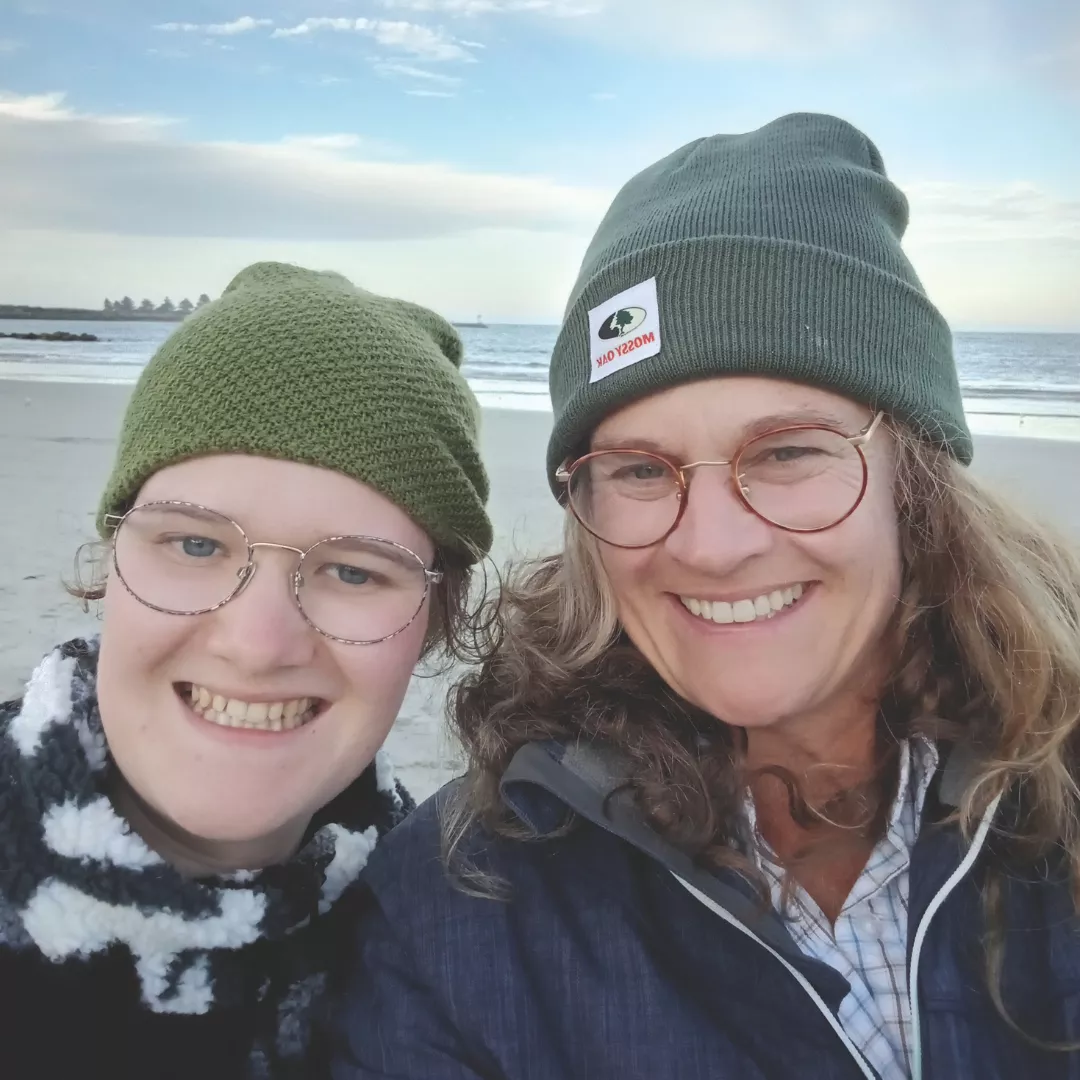Women’s Health Week
We were delighted to continue our community partnership with Jean Hailes for Women’s Health to support all women to make informed decisions about their health.
Women's Health Week 1 - 5 September 2025
This Women’s Health Week (WHW) we were delighted to continue our community partnership with Jean Hailes for Women’s Health to support all women to make informed decisions about their health.
Read on to learn more about:
- Webinar recording: Say yes to your pelvic floor
- Personal stories of incontinence
- Resources and fact sheets
- Get help for incontinence
Free webinar: Say yes to your pelvic floor
About this webinar
Continence Health Australia were pleased to offer a free lunchtime webinar, 'Say yes to
your pelvic floor'.
Thursday 4 September, 12.00 – 12.45pm AEST
Say yes to you, and watch the recording to see Janine Armocida (Manager of the National Continence Helpline) speak with Dr Jodie Dakic (physiotherapist) and Kimberley Smith (elite netballer and mother of three), as they discuss:
- how a healthy pelvic floor can support your continence health
- healthy pelvic floor function for women
- why seeking treatment early is a good idea (hint, you only get one body)
- the National Continence Helpline (1800 33 00 66), a free telephone service that offers confidential information, advice and support to anyone living in Australia.
Say yes to your pelvic floor was proudly hosted by the Continence Health Australia, the lead body promoting bladder and bowel control health.
Watch the webinar recording
The viewpoints of the presenters in this webinar are reflections of their own personal experience and/or professional expertise. The information provided is general in nature, the Continence Health Australia recommends you consult your medical professional or healthcare provider if you require medical advice or treatment.
Presenters

Janine Armocida is the National Continence Helpline Manager at Continence Health Australia. She and the helpline team help nearly 12,000 callers affected by incontinence with information, advice and support every year. Janine has extensive experience as a Nurse Continence Specialist and has a special interest in women’s and children’s continence health.

Kimberley Smith is a former corporate lawyer, elite netballer with the NSW Swifts and the Australian Diamonds squad and mum of three. In 2020, Kimberley co-founded the Empowered Motherhood Program with physiotherapist Lyz Evans after her own birth trauma. This expert-led online platform has supported over 10,000 Australian mothers with evidence-based education and exercise. Kimberley will share her story of pelvic floor health.

Dr. Jodie Dakic is a physiotherapist and Senior Lecturer at Monash University, with extensive experience in pelvic floor and sports physiotherapy. Her research focuses on pelvic health for active women. She’s passionate about improving female health in sport and is an invited member of the Australian Institute of Sports Female Performance Health Initiative and Women’s Tennis Association Women’s Health Taskforce.
Thank you to everyone who attended and submitted questions for the webinar’s moderated question and answer session. We appreciated your participation.
Setting the scene: Women and incontinence
Women are more likely to experience incontinence, particularly those who have experienced pregnancy, childbirth, hysterectomy and menopause.
Significantly more women than men live with incontinence.
- 67% of the population with incontinence are women
- 4.8 million women are estimated to be living with some level of incontinence
- Women are more likely to be affected by severe incontinence
- Four in five carers of people with incontinence are female
We want to remind women of all ages there is much they can do to reduce their risk of incontinence. In many cases incontinence may be prevented, better managed, or even cured.
Personal stories of incontinence
At Continence Health Australia, we believe personal stories can drive real change.
Julianne ran athletics at state level, but after giving birth she couldn’t run, jump, cough or even sneeze without experiencing leakage.
Mandy was a full-time carer for her husband George, who battled with complex medical problems stemming from rheumatoid arthritis.
Maureen is a bladder cancer survivor living with a stoma. Her journey started with frequent urination at night (nocturia).
Sharon experienced a life-changing birth injury which resulted in her living with undiagnosed faecal incontinence for a decade.
Sara’s Story
When Sara was pregnant with her second child, she was told her unborn baby, Kezia, had spina bifida. Sara shares her journey as a carer, mother and nurse continence specialist.
Read these personal stories and more in our free quarterly magazine, Bridge. Subscribe to receive digital copies of Bridge, or request free printed copies delivered to your address.
Resources and fact sheets
Download a range of free resources about women and incontinence.
Get help for incontinence
National Continence Helpline: 1800 33 00 66
The National Continence Helpline (1800 33 00 66) is staffed by Nurse Continence Specialists who offer free and confidential information, advice and support to people affected by incontinence. They also provide a wide range of continence resources and information on local continence services.
Media enquiries
Please send any media enquiries to [email protected]
Thank you to our community partner, Jean Hailes for Women’s Health



.png)
